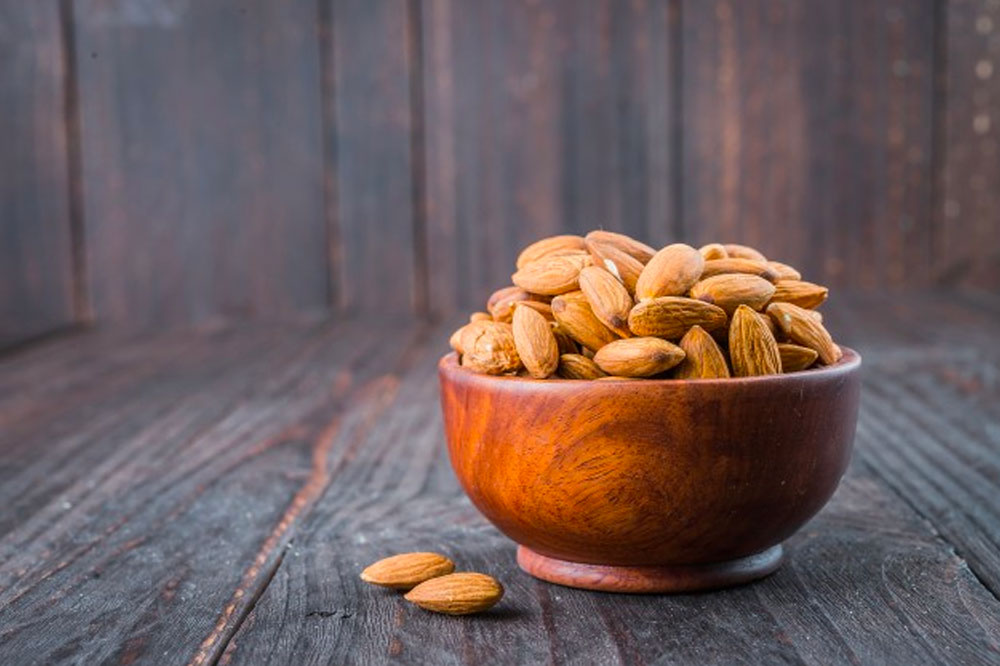
Dietary Tips to Manage Gout Flare-ups
Some foods contain purines, and our body produces uric acid when it metabolizes the purines and breaks them down. If our kidneys are unable to flush out the uric acid, it mixes with the bloodstream and crystallizes in the soft tissues or small joints, causing inflammation and pain. This condition is called gout, and it affects the big toe the most, but it can also affect the knees, ankles, and the wrist.
Although gout cannot be cured, the symptoms can be relieved by following dietary tips for reducing the uric acid levels in our system. Here are some guidelines to follow during a gout flare-up:
Ensure adequate water intake
One must stay hydrated through adequate consumption of water and other fluids. Drink at least 8 to 12 glasses of fluid every day, and ensure that 4 to 6 cups out of this comes from water. One can have juice, soups, or any other fluids for the rest.
Avoid alcohol
The fluid requirement should not be met through the consumption of alcohol. Alcohol and alcoholic beverages are not advisable during a gout flare-up they contain purines. Alcohol consumption should preferably be avoided, or least moderated to not more than thrice a week, with only one drink each time.
Low-purine diet
One must consult a doctor, nutritionist, or dietician to know which foods are high in purines and which ones are low. Include low-purine foods in the diet and avoid consuming high-purine foods. Patients can eat small portions of food with moderate purine content, but high-purine foods are a strict no-no. One can prepare a “purine chart” and keep it in a prominent place, preferably in the kitchen or the pantry, so that they can plan their meals accordingly. If eating out, one can store the chart on their phone and cross-check before placing an order.
Lower the protein intake
Many animal proteins are also high in purines, so it is best to eliminate them from the diet. Instead, opt for plant-based proteins like tofu, beans, lentils, peanuts, and chickpeas.
Limit fat consumption
Fats not only come from oils but from meat and rich dairy products as well. A helpful dietary tip for people with gout is to avoid unhealthy fats. One can steam or bake their food instead of frying it during a severe flare-up. Also, it is advisable to avoid packaged food as it contains harmful trans-fat or hydrogenated fat.
Once the symptoms improve, one can gradually revert to a normal diet. Gout flare-ups are not frequent and occur once or twice a year, but people with chronic gout should follow the dietary tips for managing the condition as often as possible. This also helps prevent flare-ups as high uric acid levels can lead to more frequent attacks among chronic gout patients. Here are some dietary tips for people with gout to prevent flare-ups of the symptoms:
- Drink 8 glasses of fluid every day
- Limit the consumption of alcohol
- Avoid high-protein and high-purine foods
- Maintain a healthy body weight


